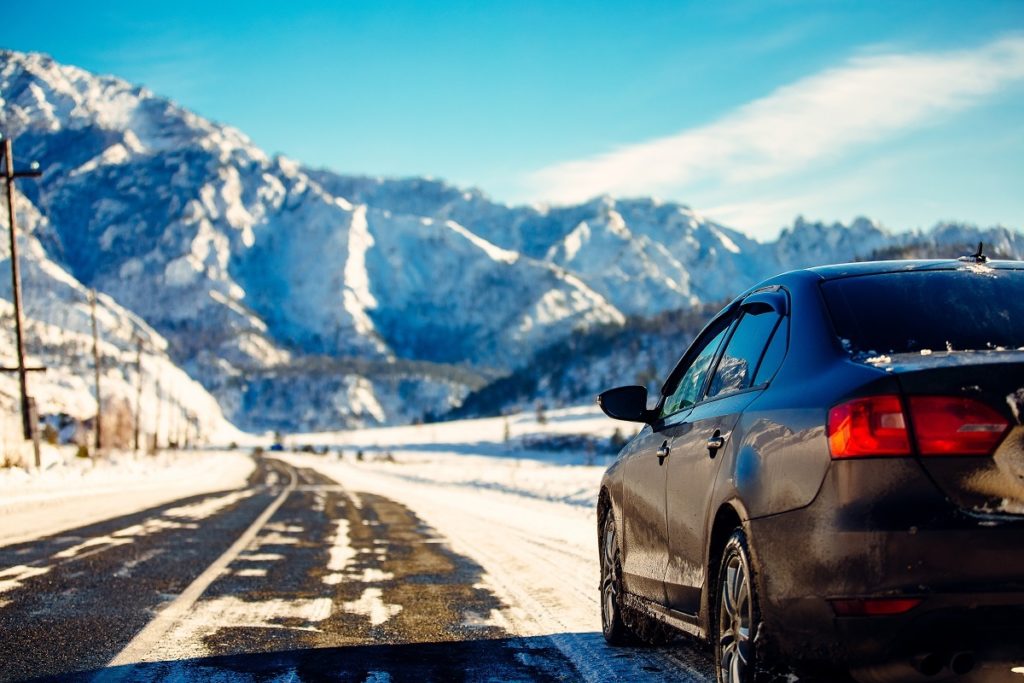In just a few months, the novel coronavirus has changed the world as we know it. We can no longer work and socialize the way we used to. The global outbreak has transformed normal life into cautious travel, remote work, and online classes. Food, medicine, and house supply delivery became more mainstream than ever.
As such, the novel coronavirus has disrupted the real estate industry to varying degrees. As physical distancing changed our habits, the effects created a new challenge for real estate leaders.
Implications of the COVID-19 Outbreak on Real Estate
It’s hard to view an open house with a pandemic going on. Since the Centers of Disease Control and Prevention (CDC) recommended that gatherings of at least 50 should be postponed or cancelled, real estate agents have been having a hard time selling houses.
Aside from the obvious problems of hosting an open house, deals are also getting stalled or canceled due to border restrictions and closings. But agents, brokers, and sellers fear that this is only the beginning.
With the economy hit hard by the pandemic, people are also moving away from states with expensive real estate—think New York and California. More than 38 million Americans lost their jobs this year, and housing demand and sales fell. The median listing price isn’t going down, and potential buyers can’t afford it in a struggling economy.
That being said, this free fall only applied to regular housing. On the other side of the coin, mobile living is on the rise.

Is Living in a Van the Answer in 2020?
There are around a million Americans living in recreational vehicles. Today, the RV life seems to be the perfect solution for self-isolating without removing the freedom to move in the midst of a pandemic.
According to Business Insider, RV sales are rapidly increasing in 2020. Americans who want to get out of dodge but are wary of large crowds and the coronavirus are opting for the van life. The 650 percent surge is so significant that the term “Covid camper” is born.
These so-called Covid campers fall into three groups: people who want to go somewhere during the lockdown, people who have been using RVs annually, and new customers who are shopping around for an RV for the first time.
By living and traveling in an RV, physical distancing becomes so much easier. In fact, medical workers are now using RVs and parks to self-quarantine and keep their loved ones safe.
There are unique safety measures for those who want the van lifestyle. If you are planning to rent or own a camper, here are some tips for traveling in your mobile home:
1. Remove safety hazards
First, make sure that all amenities are up and running. If something doesn’t work right, it’s best to have your camper repaired before the problem gets worse. Addressing issues early can save you a lot of time, money, and misery in the future.
Additionally, safety starts with having all equipment and parts functioning well, as this can reduce the risk of fires, accidents, and other health hazards. At this uncertain time, mitigating risks cannot be emphasized enough.
2. Plan beforehand
It’s always a good thing to do your research ahead of time if you’re planning to drive your RV elsewhere. The COVID-19 outbreak has changed a lot of things. To avoid unwanted surprises when you travel, check whether there are campgrounds open at your destination.
Most parks are taking precautions against the spread of the novel coronavirus, so their operations may be limited. In certain areas, such as Connecticut, Virginia, and Maryland, RV campgrounds are closed until further notice.
Elsewhere, private RV parks are considered essential services, but on a case-by-case basis. This rule applies in Florida, Oregon, Texas, and Pennsylvania. Other states, such as California, New York, Indiana, Washington, and Tennessee, leave the discretion to park owners.
3. Get Food and Supplies
If you need supplies, experts recommend shopping nearby for safety reasons. Being familiar with the local supermarket means that you already know where to find the items you need. This saves you time and reduces exposure to potential carriers.
What the Future Holds
If the pandemic persists, we are more likely to see behavioral changes in the market that the real estate industry should be well-prepared to adapt to.
Establishments, whether commercial or residential, should protect the health and safety of all employees, tenants, and other people who use the space. Rental properties would do well to adopt cloud management systems and other digital technologies to optimize tenant and customer experience. Agents would also benefit from turning to social media and online resources to sell and market houses. But in the meantime, riding out the pandemic in an RV seems like a fantastic idea.



